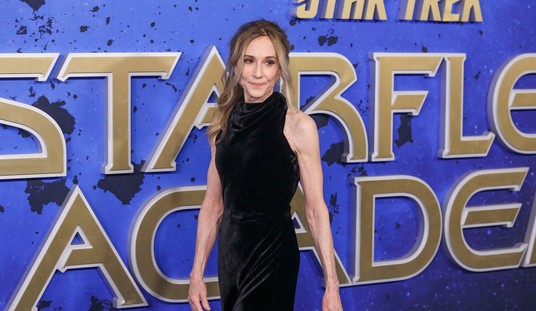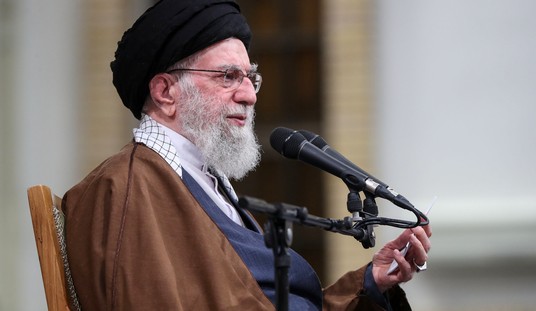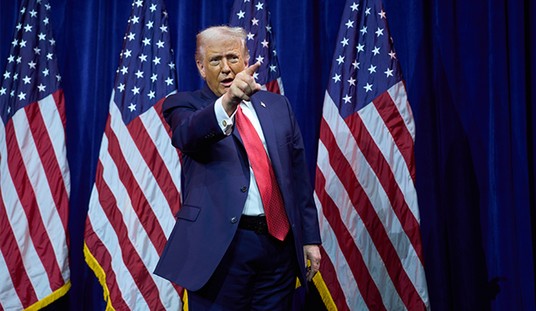In a scene from the Adam Sandler film “Just Go With It” (I like silly rom-coms. Take me to task in the comments if you must.), a child is trying to manipulate Sandler’s character — a rich plastic surgeon named Dr. Maccabee — into buying him a trip to Hawaii to swim with dolphins.
When Sandler’s character tells the boy no, the boy says something along the lines of, “But mom says you’re rich.”
“Rich people don’t give other people trips, that’s why they remain rich,” Dr. Maccabee responds.
I kept thinking about that scene while reading the absolutely fascinating story laid out in The Ringer about Amazon’s and Jeff Bezos’ fight with far-left socialists in the city of Seattle, Washington, who have been trying (and failing) to institute a “head tax” (a tax on Amazon and other businesses in the city for each person they employ) to pay for affordable housing for the people not fortunate enough to work at Amazon (or those other businesses, which turns out to be important) or who are homeless.
The leader of the socialists is Seattle city council member Kshama Sawant, who is an avowed socialist (paving the way for Ocasio-Cortez and the like) who cut her teeth with a group called the Socialist Alternative party. That organization, according to The Ringer, “currently includes roughly 1,000 members across about 40 cities, advocates for public ownership of the world’s 500 biggest corporations to upend the global capitalist system.”
“It is class warfare,” [Sawant says], as the chants from an anti-ICE protest at Seattle’s immigrant detention center ring out behind us. Here, among Seattle’s activist left, she’s in her element—passersby greet her warmly every few minutes, and a woman wearing a Seattle Fire Department sweatshirt swoops in to take a selfie. “We cannot base our needs for affordable housing on whether or not the billionaires are going to agree with us. … This is a consequence of capitalism. So we cannot expect those that are benefiting from the system to fight against the system.”
Basically, Sawant and and her supporters are the reason Seattle instituted a $15 minimum wage (to be phased in completely by 2021), which has already been found to be damaging to workers (pay attention DC residents jazzed about the recent voter-passed initiative 77). USA Today reports:
A report from the University of Washington (UW), found that when wages increased to $13 in 2016, some companies may have responded by cutting low-wage workers’ hours. The study, which was funded in part by the city of Seattle, found that workers clocked 9% fewer hours on average, and earned $125 less each month after the most recent increase.
“If you’re a low-skilled worker with one of those jobs, $125 a month is a sizable amount of money,” Mark Long, a UW public-policy professor and an author of the report told the Seattle Times. “It can be the difference between being able to pay your rent and not being able to pay your rent.”
But like most socialists seeking their utopia (and their spotlight), the realities don’t matter as much as the battle against the capitalist monster. And in the case of Seattle and Amazon, those realities are pretty harsh if you’re a socialist. From The Ringer report:
[Amazon] notes that its presence has led to the creation of 53,000 other jobs in Seattle and helped drive the unemployment rate down from 9 percent in 2010 to 3.7 percent today. Amazon estimates that it brought an additional $38 billion to the local economy between 2010 and 2016, outside its own multibillion-dollar outlay. And it says it has paid tens of millions of dollars to the city for affordable housing. Through a partnership with Mary’s Place, a local nonprofit serving homeless women and families, the company has provided shelter for more than 350 families since 2016. Amid its current building spree, Amazon is planning a Mary’s Place shelter in one of its downtown office buildings, which will house at least 300 people per night. “It’s our first permanent home,” says Mary’s Place executive director Marty Hartman. Typically the nonprofit converts vacated buildings slated for demolition into temporary shelters. “Knowing that we don’t have to leave is something every family wants, right? To be stable, to set roots. And for Mary’s Place, [Amazon has] made that possible.”
Despite Amazon’s charitable efforts, Seattle infrastructure is increasingly littered with graffiti tags like “Amazon Get Out” and “F**k Bezos.”
So, while the rich may not just give people trips to Hawaii, they do manage to do things like bring jobs to cities, engage in charitable behavior to help build affordable housing, and serve the forgotten people down on their luck.
But Sawant wants to tax them to the point they will likely no longer be able to invest in those community measures and — I guess? — let the city manage the funds and allocate them properly and efficiently.
And we all know how well government does that.
Anyway, Sawant and Socialist, Inc. seem to care less about the other businesses her head tax would affect.
Overall about 600 businesses were to be subject to the tax, including low-margin operators such as restaurants and grocery stores. “[The City Council] talked about Amazon so much that they forgot Seattle is an incredibly diverse economy that has both blue- and white-collar [jobs], tech and businesses like Dick’s Drive-In, who would have been included in the tax as well,” [local businessman Saul] Spady says.
But what’s a little reality when you’re promoting utopia?













Join the conversation as a VIP Member